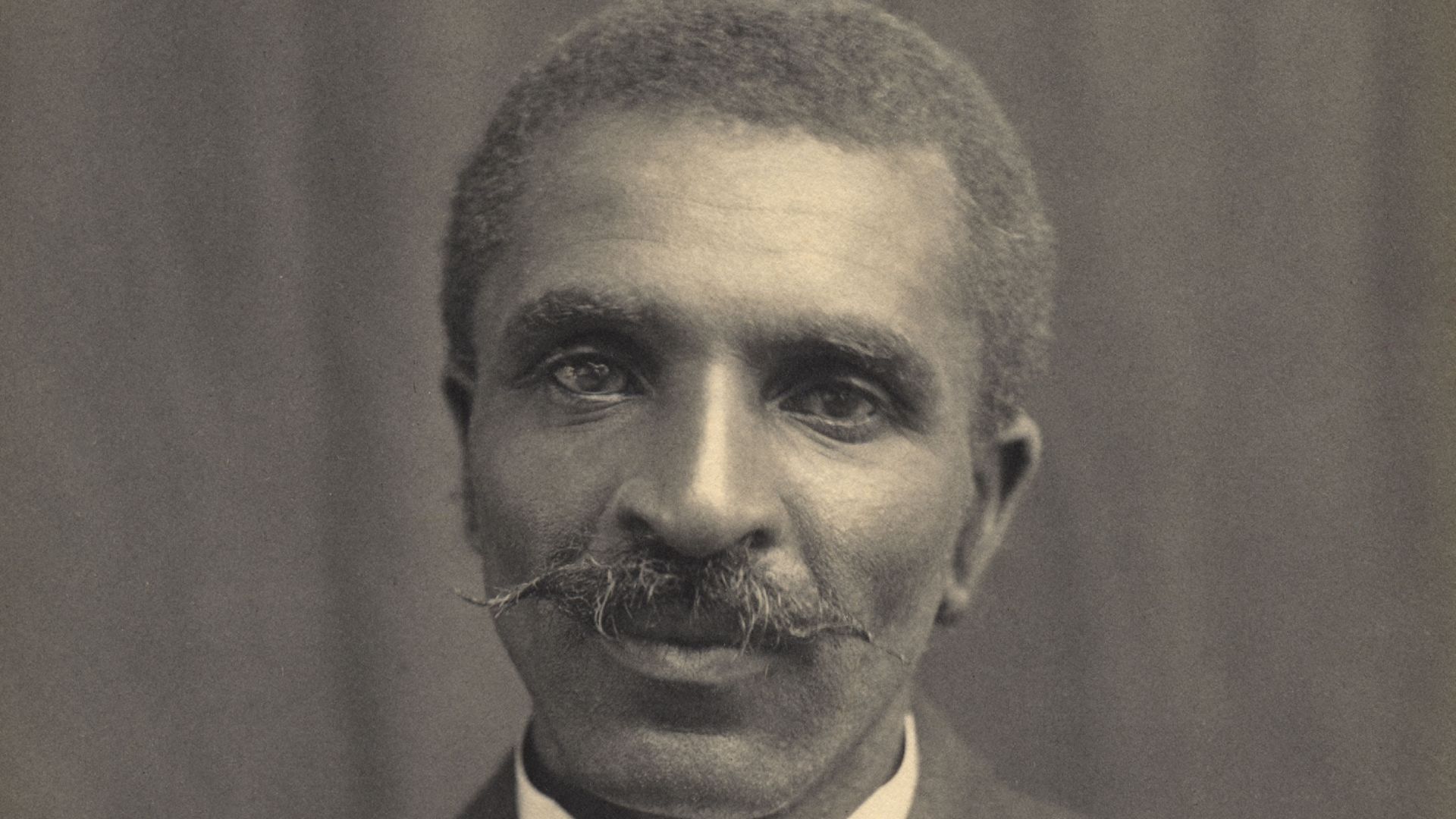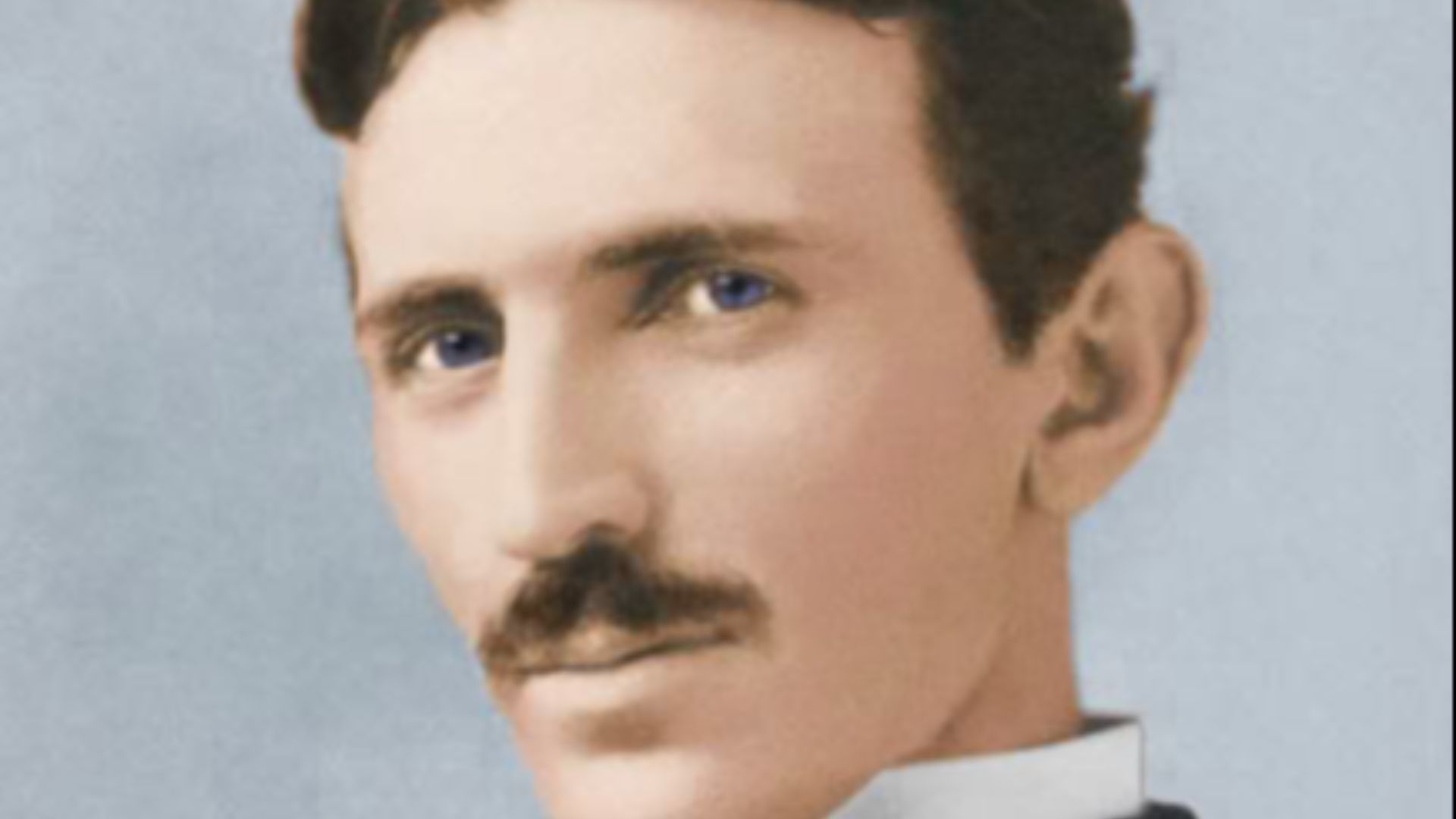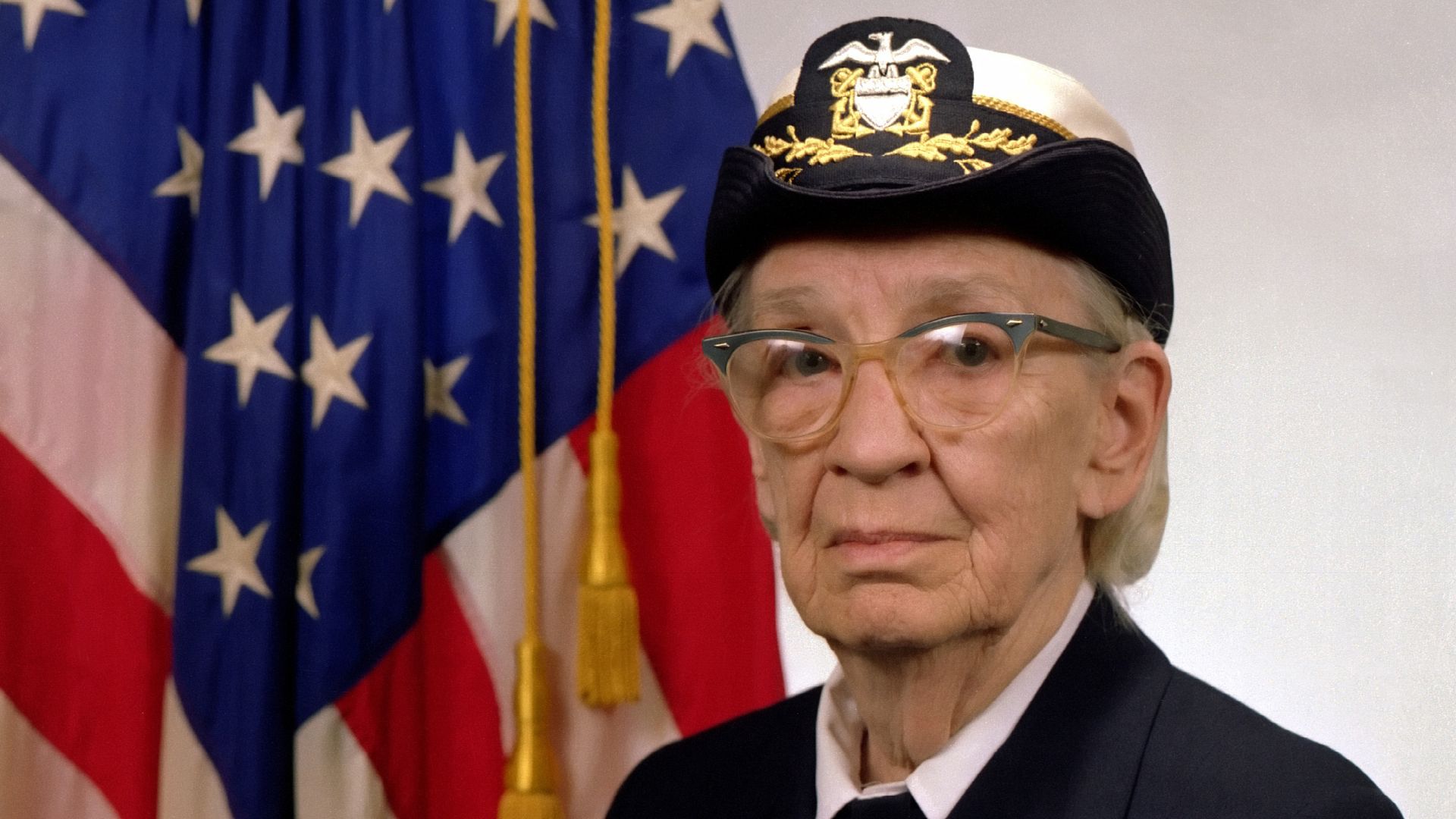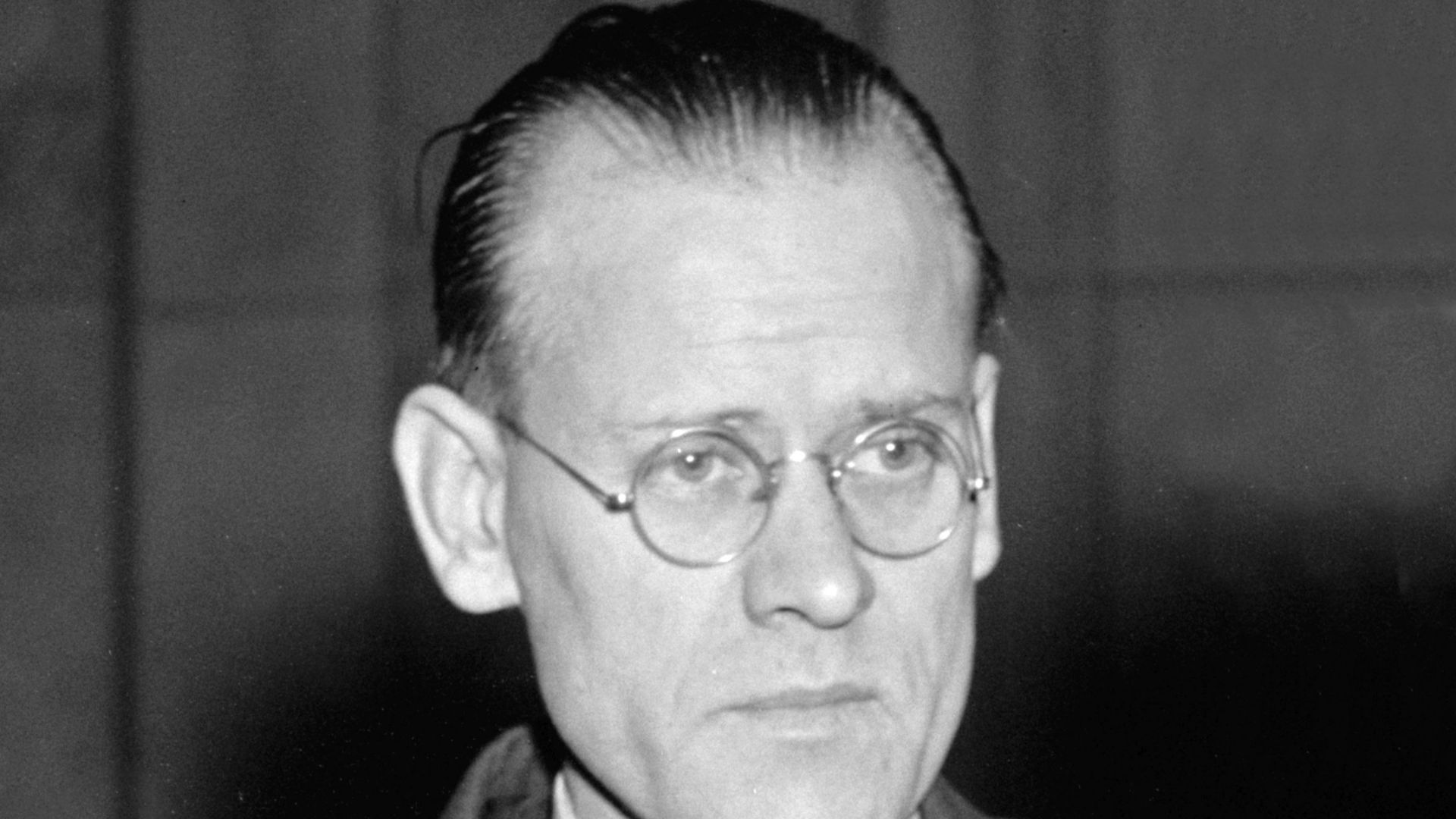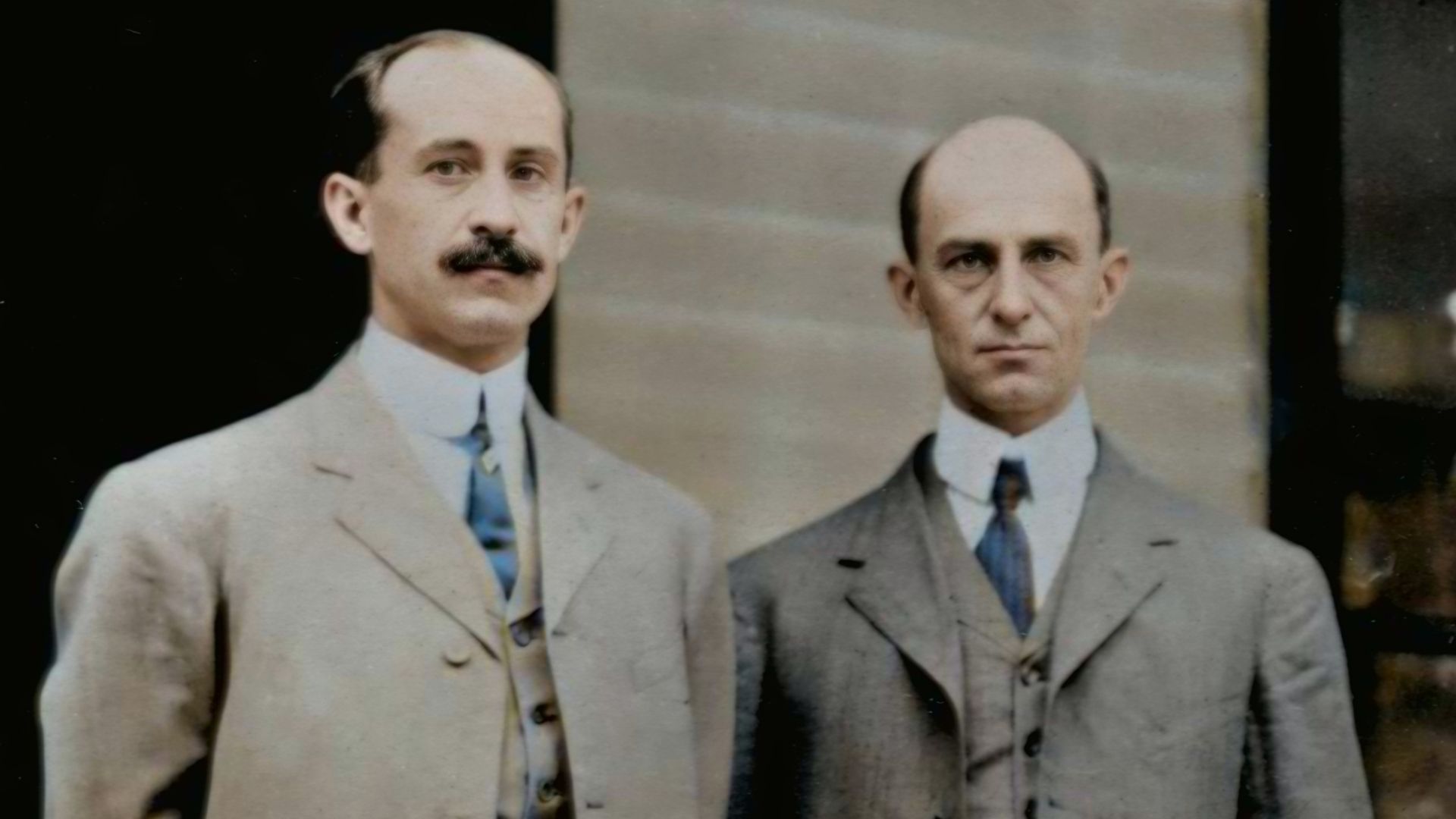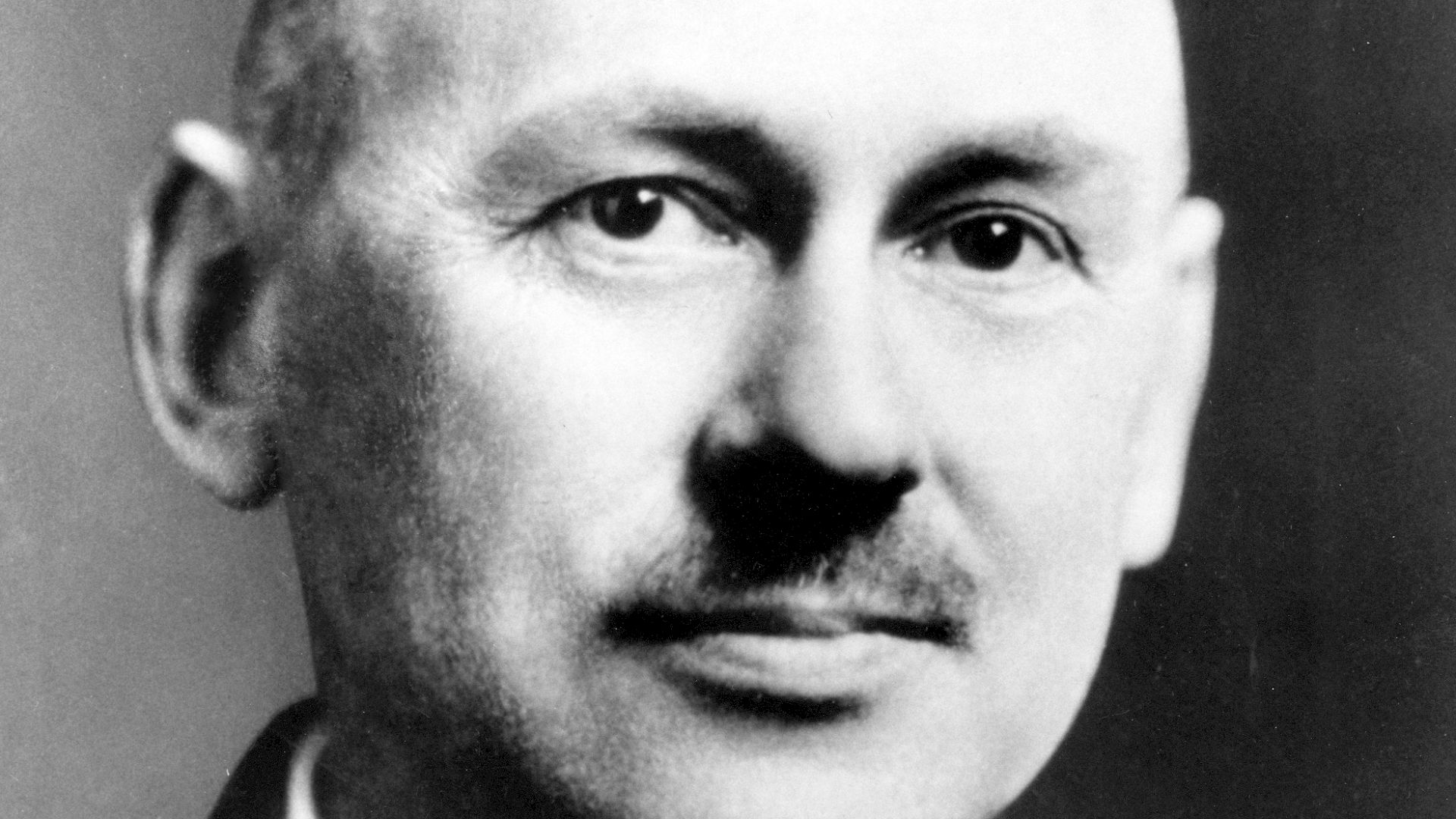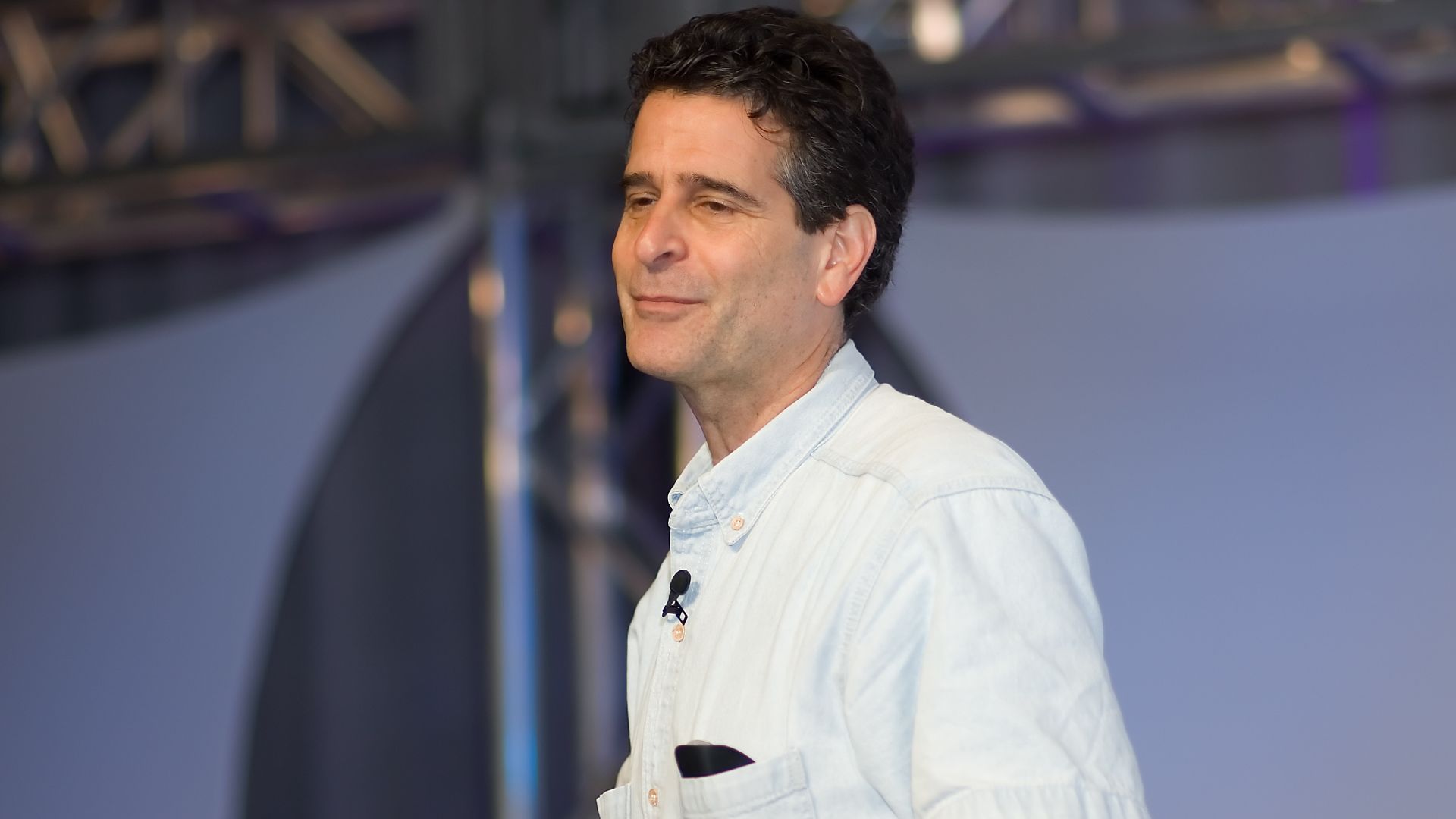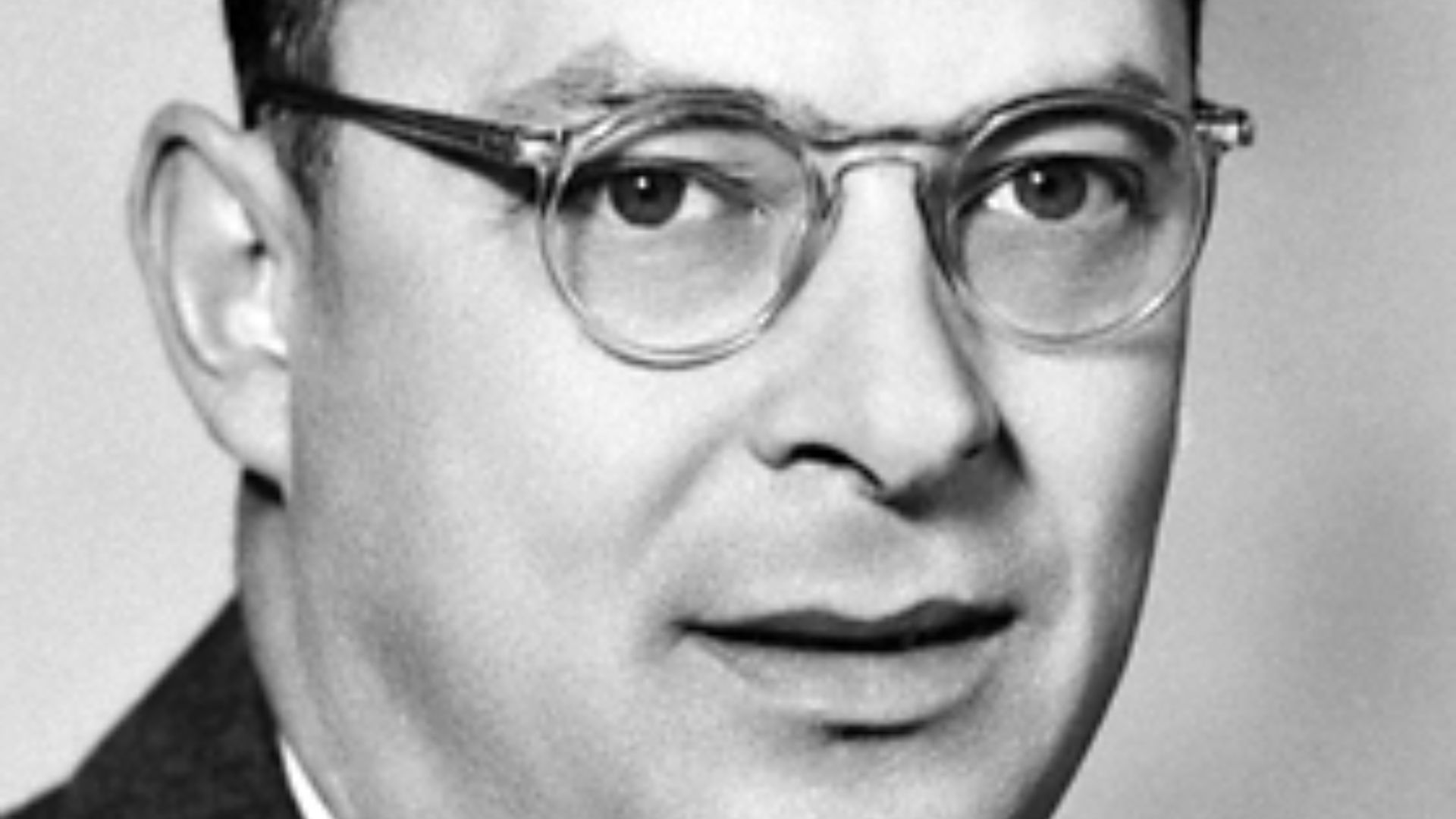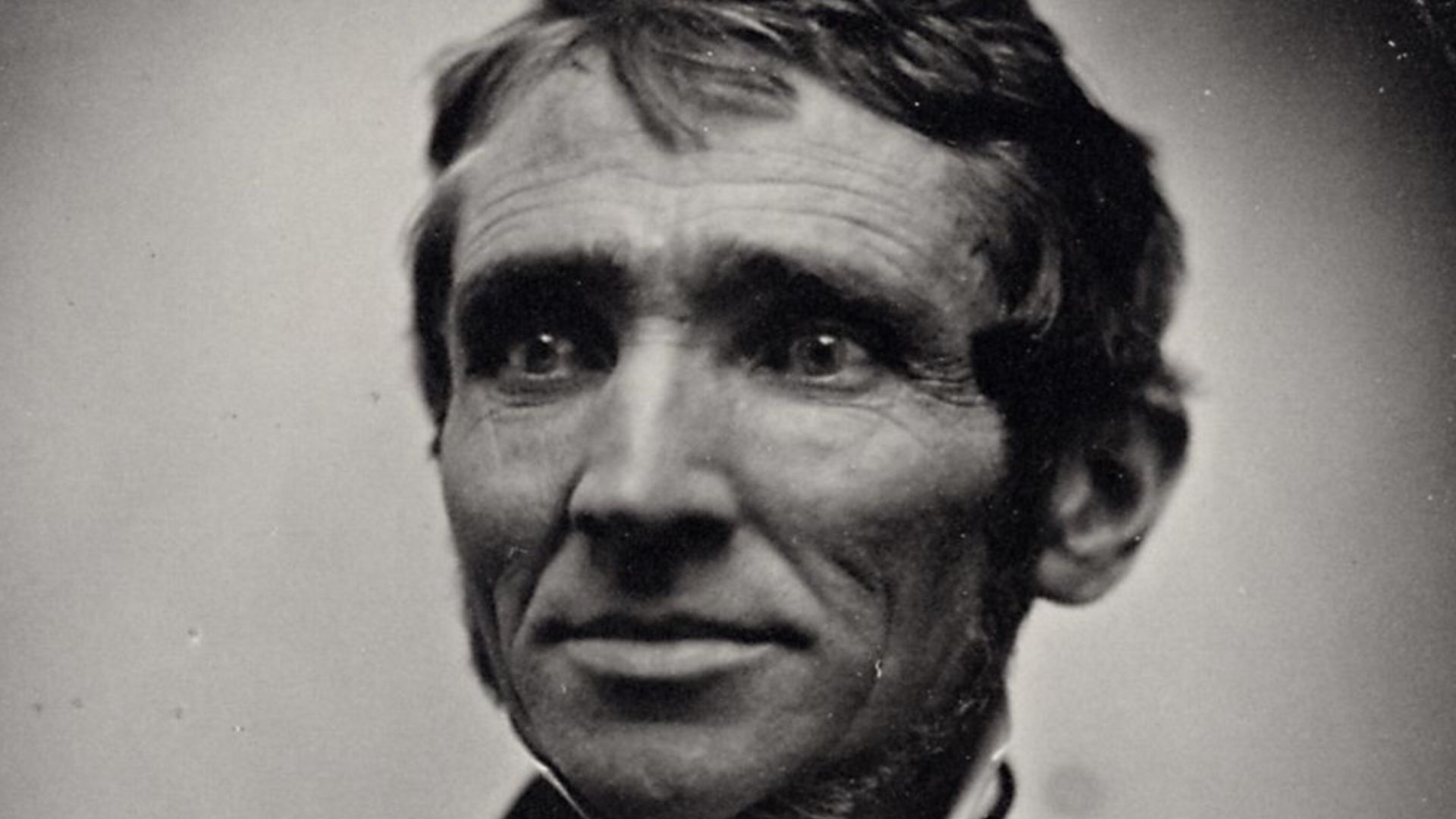Mavericks Who Broke The Mold
America's history is packed with bold thinkers and fearless creators. Some were celebrated in their lifetimes, others were laughed at, but all left a lasting mark. Every era has its visionaries, but only a select few manage to turn imagination into impact. The inventors featured here illuminate the path of progress and continue to shape our daily lives in ways both big and small.
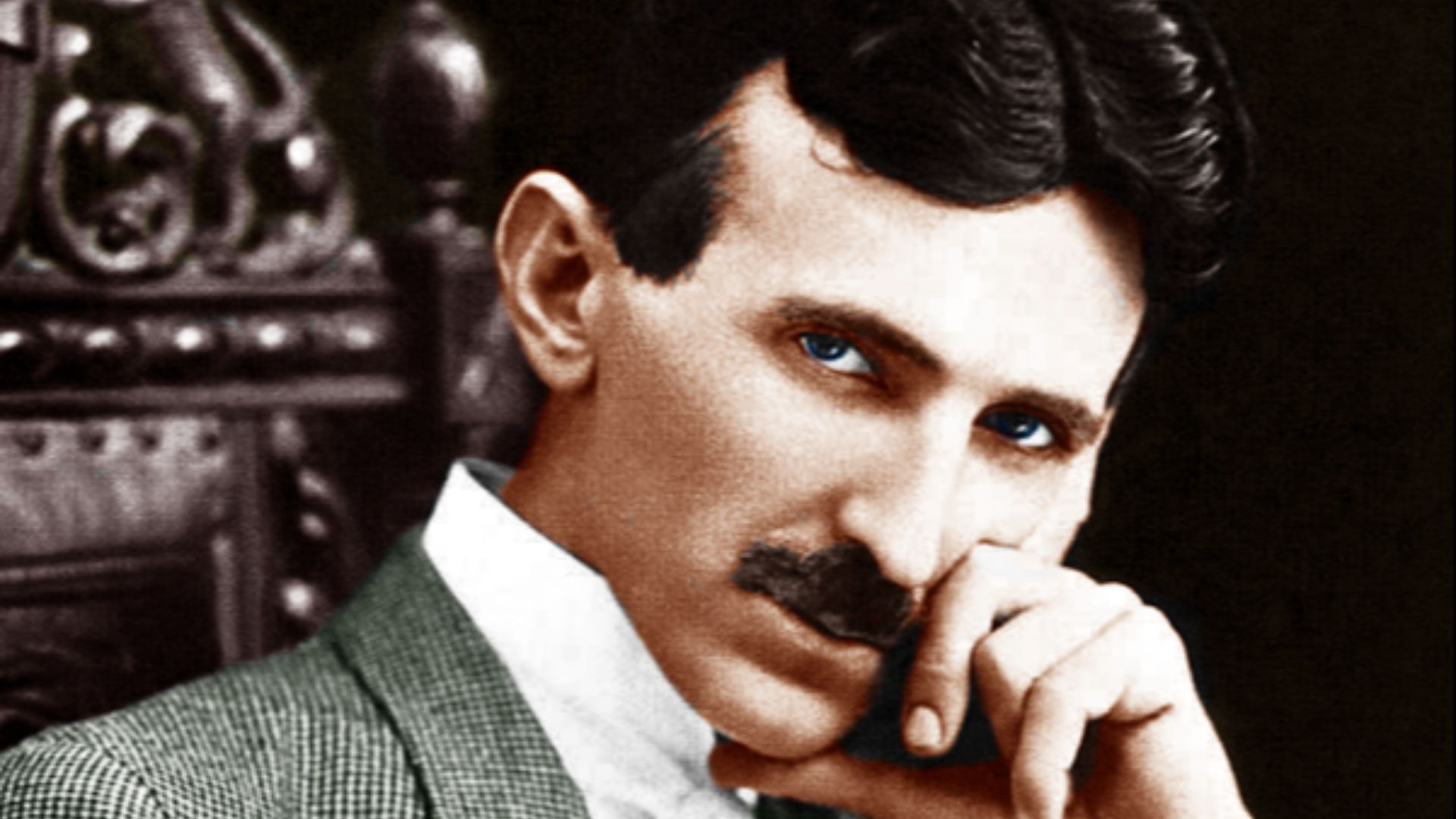 Original author unknow; colored by Ivar van Wooning on Wikimedia
Original author unknow; colored by Ivar van Wooning on Wikimedia
1. Hedy Lamarr
During World War II, Lamarr co-invented frequency-hopping technology, a concept that would later form the backbone of Wi-Fi and Bluetooth. Despite her work's significance, Lamarr never profited, but her legacy as a tech pioneer grows with every wireless connection today.
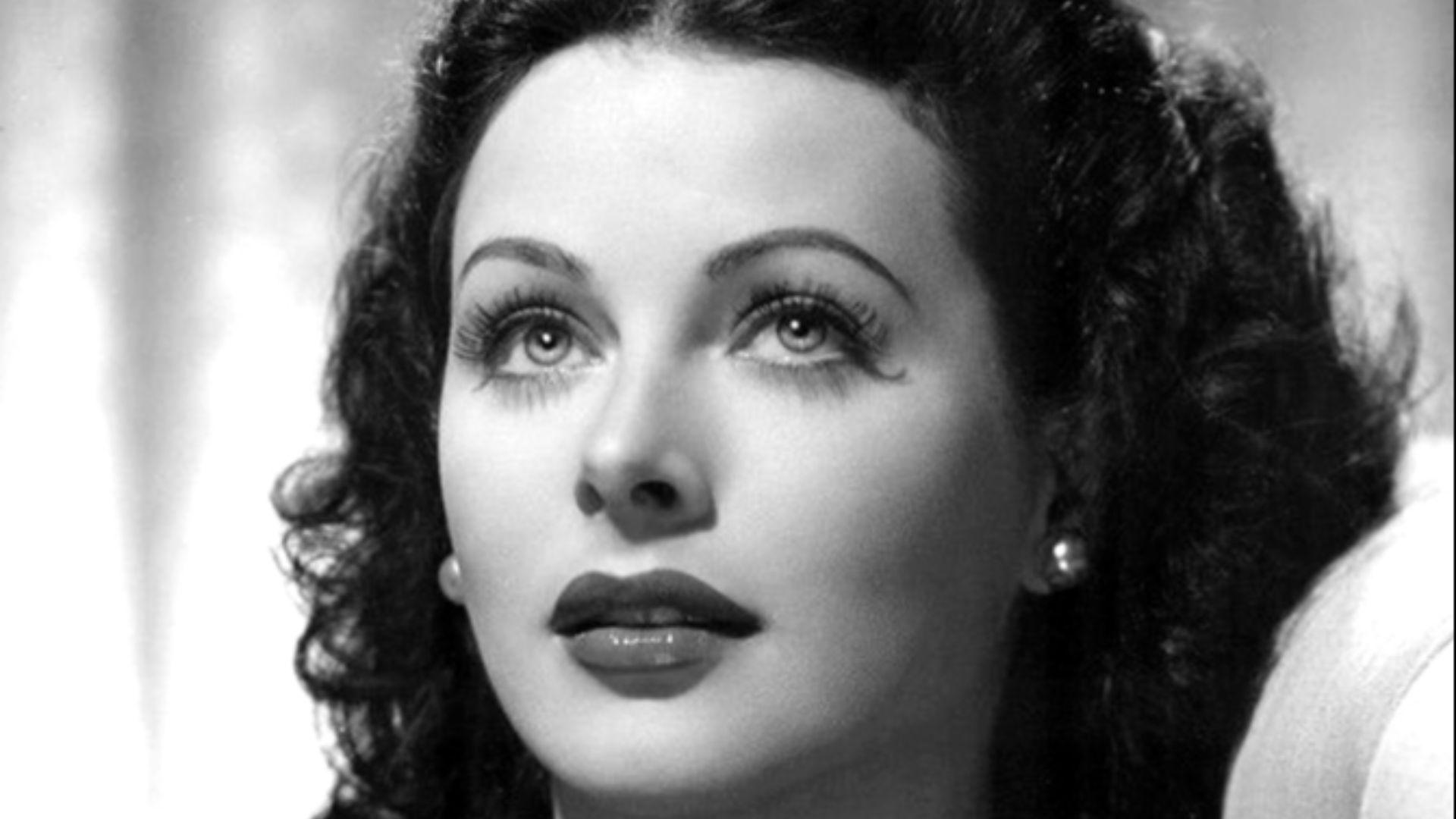 Unknown authorUnknown author on Wikimedia
Unknown authorUnknown author on Wikimedia
2. Benjamin Franklin
Franklin famously used a kite and key to prove that lightning is electricity. This bold experiment led to his invention of the lightning rod—an innovation that protected buildings from fiery destruction. He founded the first American lending library and never patented his inventions, promoting freely shared knowledge.
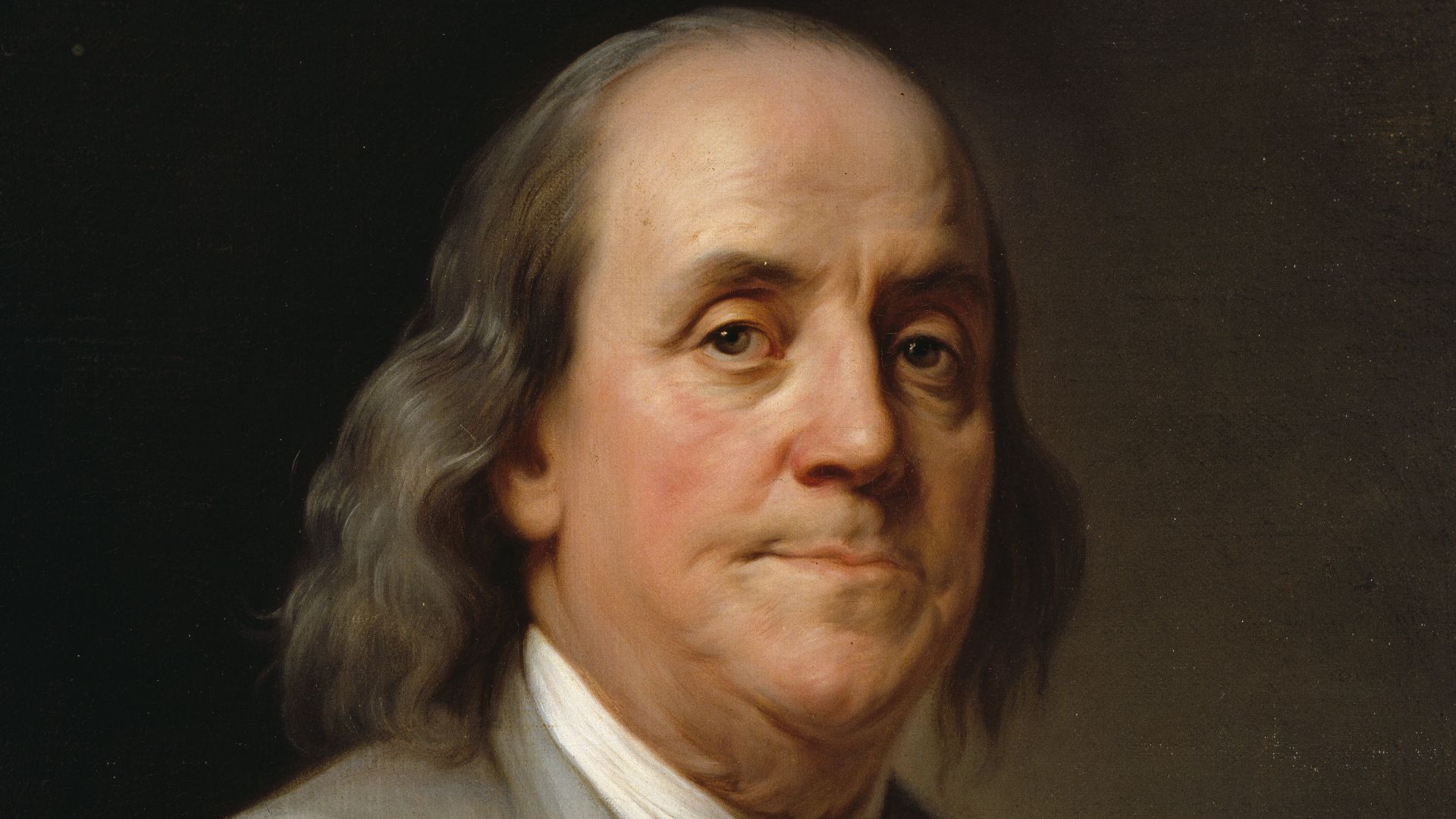 Joseph-Siffred Duplessis on Wikimedia
Joseph-Siffred Duplessis on Wikimedia
3. Thomas Edison
Holding over 1,000 U.S. patents, Edison pioneered the earliest industrial research lab. His creation of the phonograph brought recorded sound into homes, while his practical electric lightbulb illuminated the modern world. Despite losing his hearing at the age of 12, Edison's curiosity remained strong.
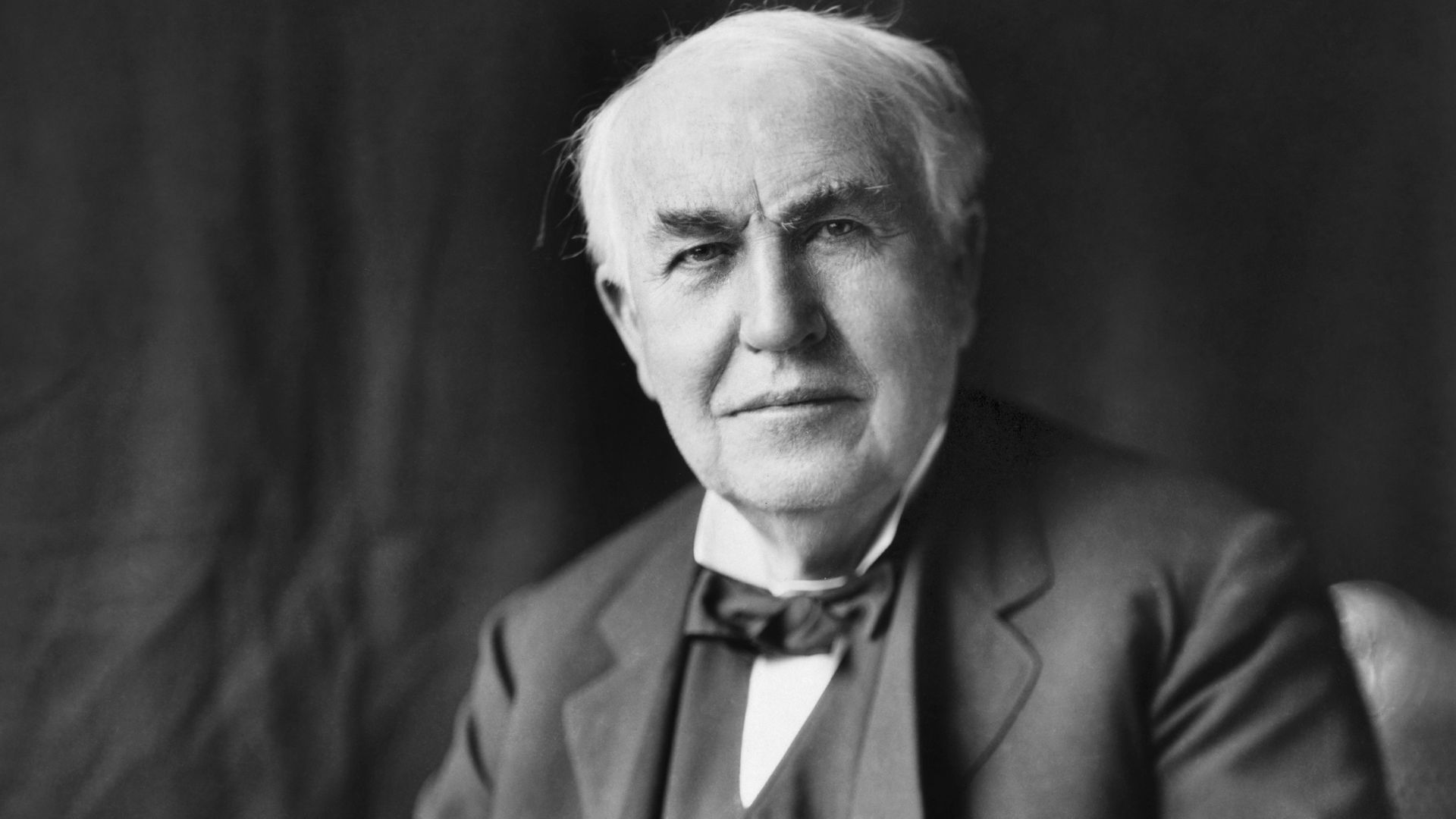 Louis Bachrach, Bachrach Studios, restored by Michel Vuijlsteke on Wikimedia
Louis Bachrach, Bachrach Studios, restored by Michel Vuijlsteke on Wikimedia
4. Alexander Graham Bell
Alexander Graham Bell changed communication with his invention of the telephone in 1876, forever connecting people across distances. The first words ever spoken on the phone—addressed to his assistant—marked the dawn of a new era. He also developed a metal detector and founded what would become AT&T.
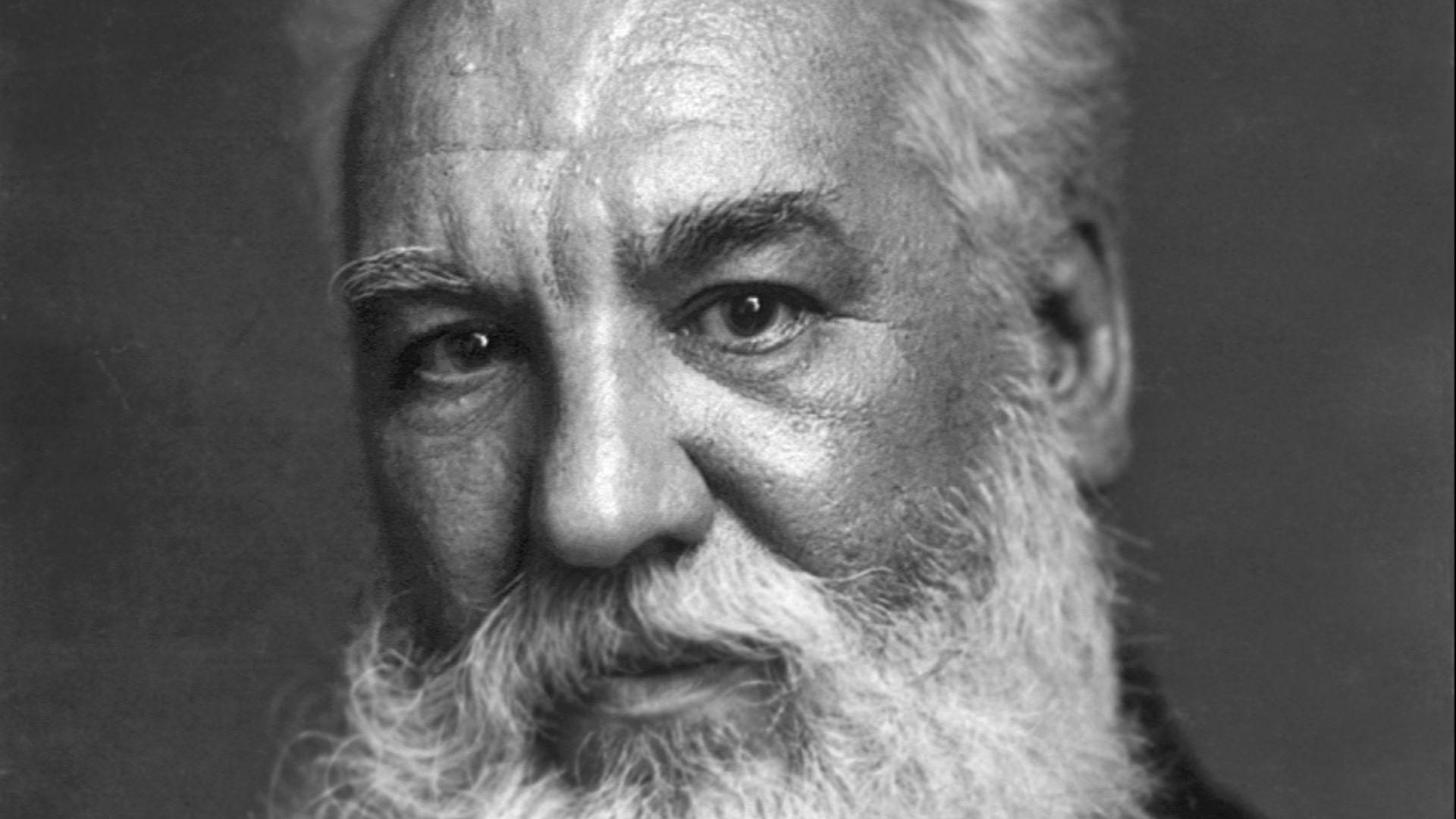 Unknown authorUnknown author on Wikimedia
Unknown authorUnknown author on Wikimedia
5. George Washington Carver
By introducing peanuts and sweet potatoes to restore soil health, Carver changed American agriculture through his inventive use of crop rotation. His ingenuity yielded over 300 peanut-based products, from dyes to medicines, offering farmers new ways to thrive.
6. Nikola Tesla
Immigrating to America from the Austrian Empire in 1884 and later becoming a naturalized American citizen, Nikola Tesla is famous for developing the alternating current (AC) electrical system that powers modern civilization. He also invented the Tesla coil, a staple of scientific demonstrations. Tesla's mind raced ahead of his time: he designed remote-controlled boats in the 1890s and even claimed to receive signals from aliens.
7. Grace Hopper
As the developer of the first compiler for programming languages, Hopper made it possible for computers to understand and execute complex instructions. She coined the term "debugging" after removing an actual moth from a computer. Her invention of COBOL brought computing to the business world, particularly in the banking industry.
8. Samuel Morse
Alongside his co-invention of Morse code, Morse developed the first practical telegraph and shrank the world by making long-distance communication almost instantaneous. His first message, "What hath God wrought?" captured the awe and promise of a new era.
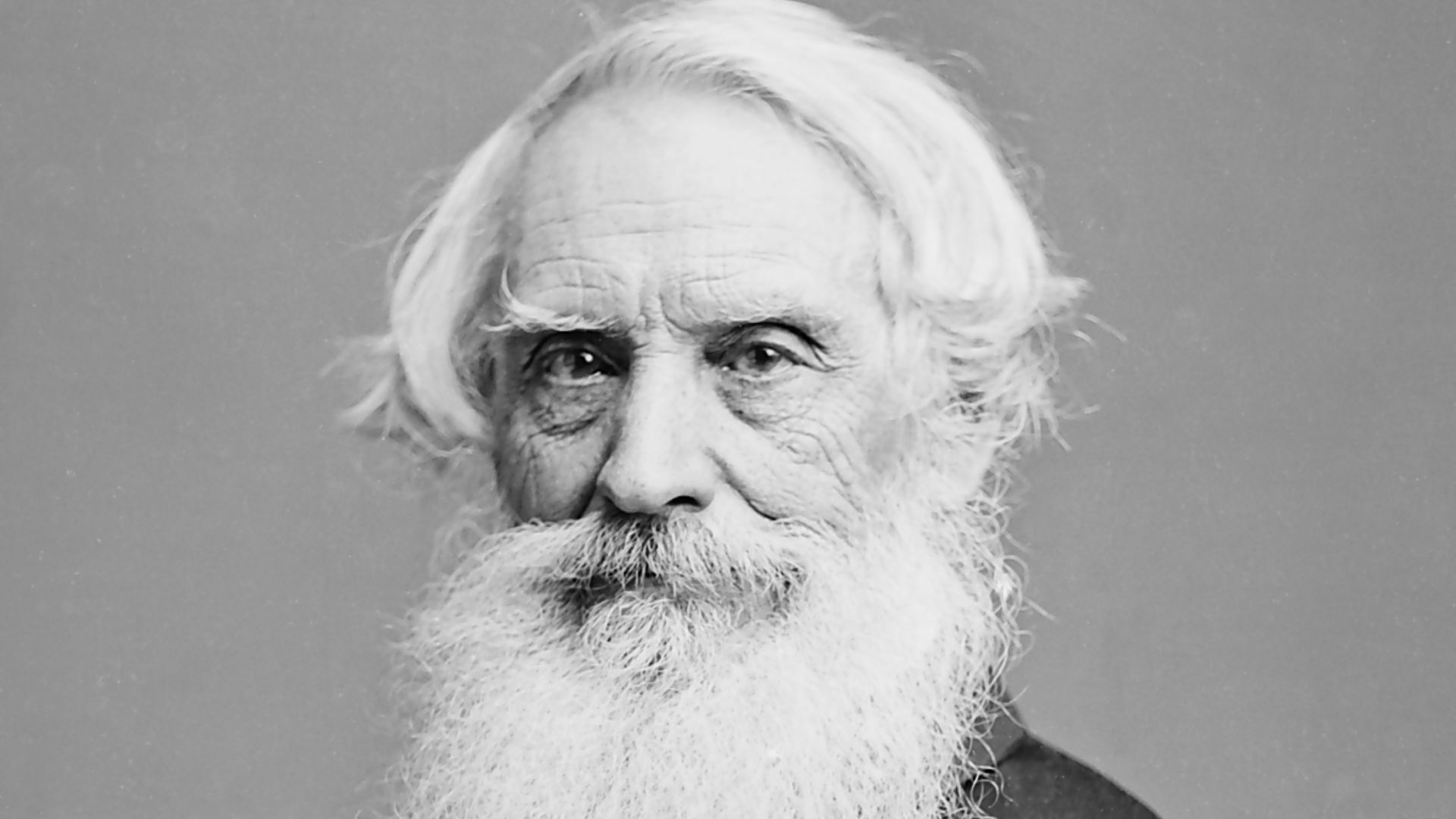 Mathew Benjamin Brady on Wikimedia
Mathew Benjamin Brady on Wikimedia
9. Philo Farnsworth
Farnsworth turned his rural dreams into reality with the earliest all-electronic TV system. His brilliance was matched by determination when he fought a patent battle against RCA to prove his claim. Farnsworth's creativity and persistence revolutionized entertainment and global education through television.
10. Steve Jobs
As the co-founder of Apple Inc., Jobs didn't just build computers. He reimagined how we interact with technology, from personal computers to smartphones and even animated movies through Pixar. Ousted from his own company, Jobs returned in dramatic fashion to rescue Apple and redefine an entire industries.
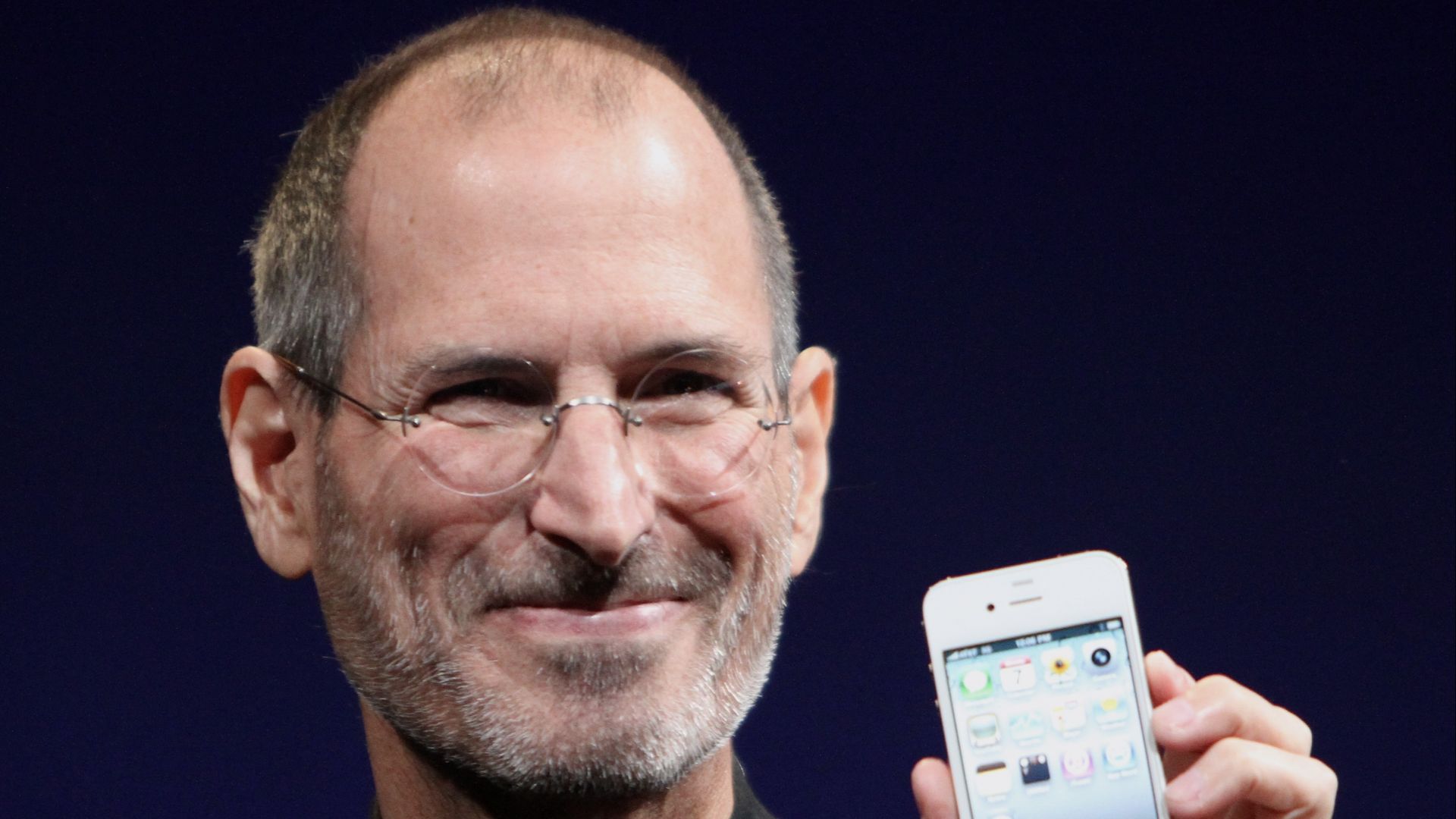 Matthew Yohe (talk) on Wikimedia
Matthew Yohe (talk) on Wikimedia
11. Henry Ford
Ford made the Model T affordable for Americans by inventing modern mass production techniques and introducing the assembly line. He believed in fair wages, famously paying his workers $5 a day—twice the going rate—which helped create a loyal workforce and a thriving middle class.
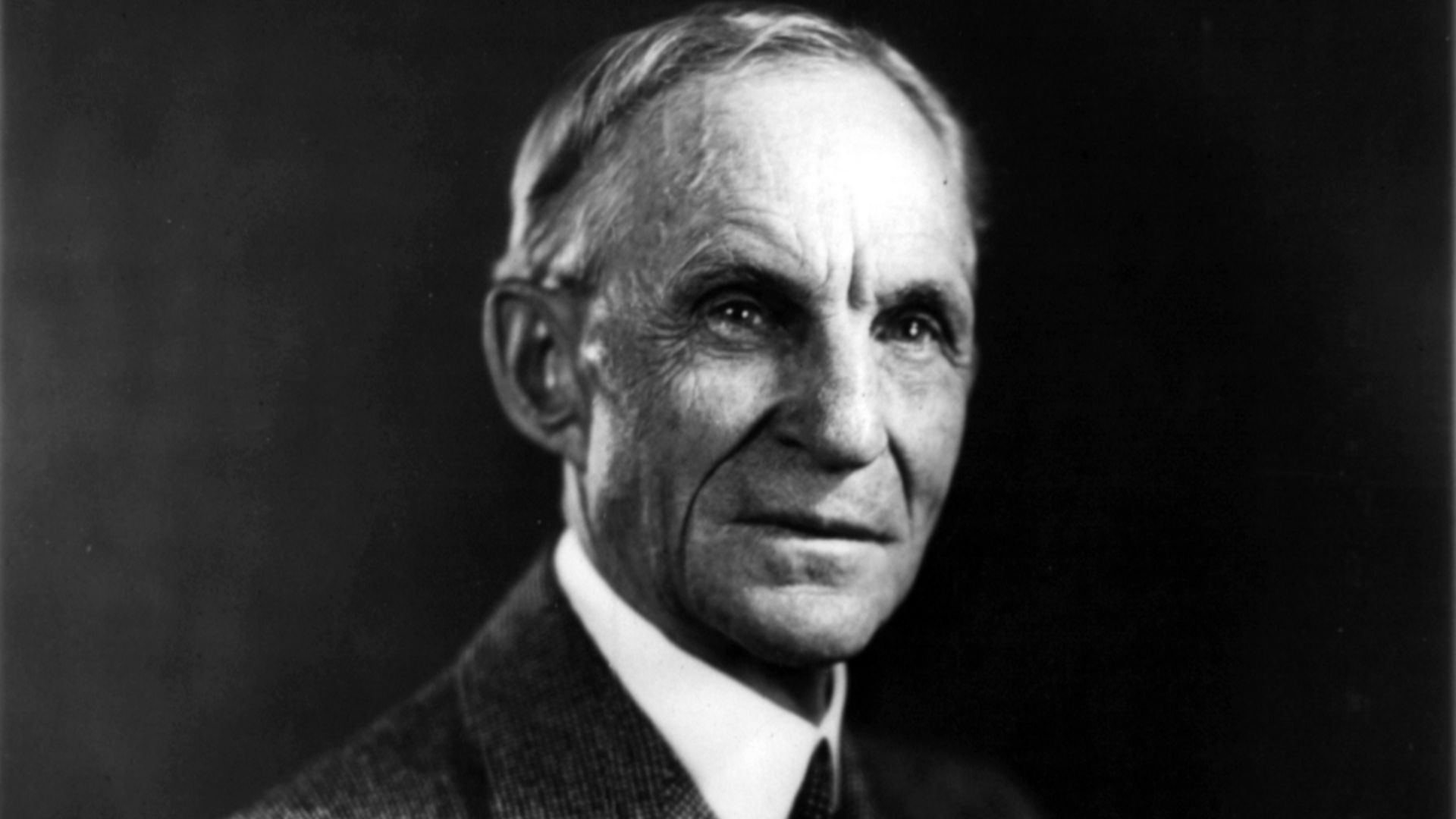 Unknown authorUnknown author on Wikimedia
Unknown authorUnknown author on Wikimedia
12. Eli Whitney
In 1793, Whitney's invention of the cotton gin transformed the American South, making cotton processing faster and more efficient than ever before. This simple yet powerful machine sparked an economic boom and also, controversially, strengthened the rise of slavery by making cotton a wildly profitable crop.
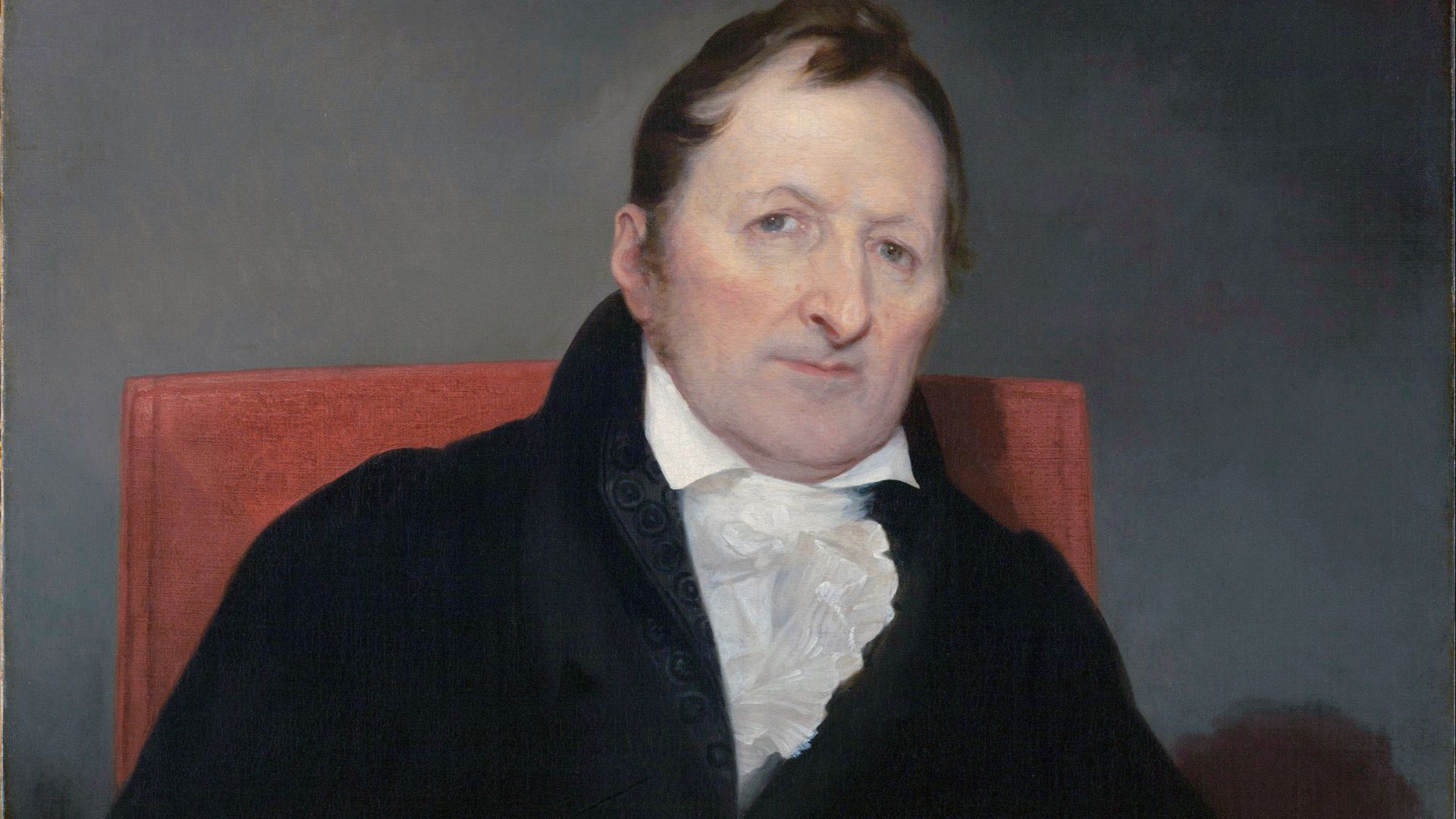 Samuel Finley Breese Morse on Wikimedia
Samuel Finley Breese Morse on Wikimedia
13. The Wright Brothers
Wilbur and Orville Wright achieved the first powered, controlled flight in 1903. The brothers took turns piloting their early flying machines but never flew together—a precaution to ensure that tragedy wouldn't claim them both at once. Their partnership and ingenuity launched the age of aviation.
14. Jonas Salk
Jonas Salk, a virologist, introduced the first successful polio vaccine, testing it on himself and his family. Refusing to patent it, he ensured global access without profit. This earned him worldwide admiration and helped to nearly eradicate polio. His legacy is defined by selflessness and scientific triumph.
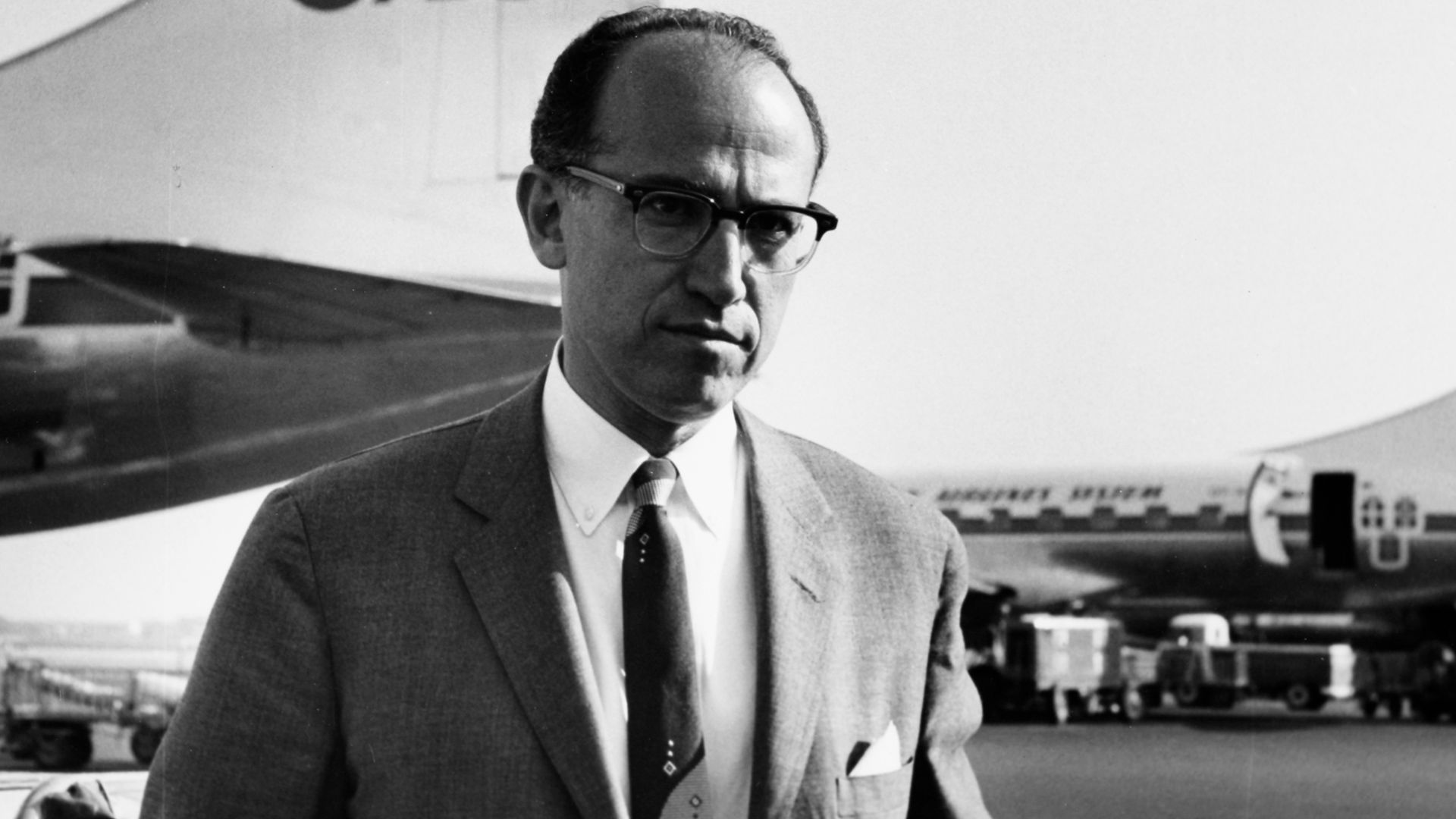 SAS Scandinavian Airlines on Wikimedia
SAS Scandinavian Airlines on Wikimedia
15. Stephanie Kwolek
While searching for lightweight tire materials, Kwolek created Kevlar, a fiber five times stronger than steel. Her invention saved countless lives by finding its way into bulletproof vests and even made its mark in space exploration equipment. Kwolek's journey wasn't easy—she was the only woman in her lab for years.
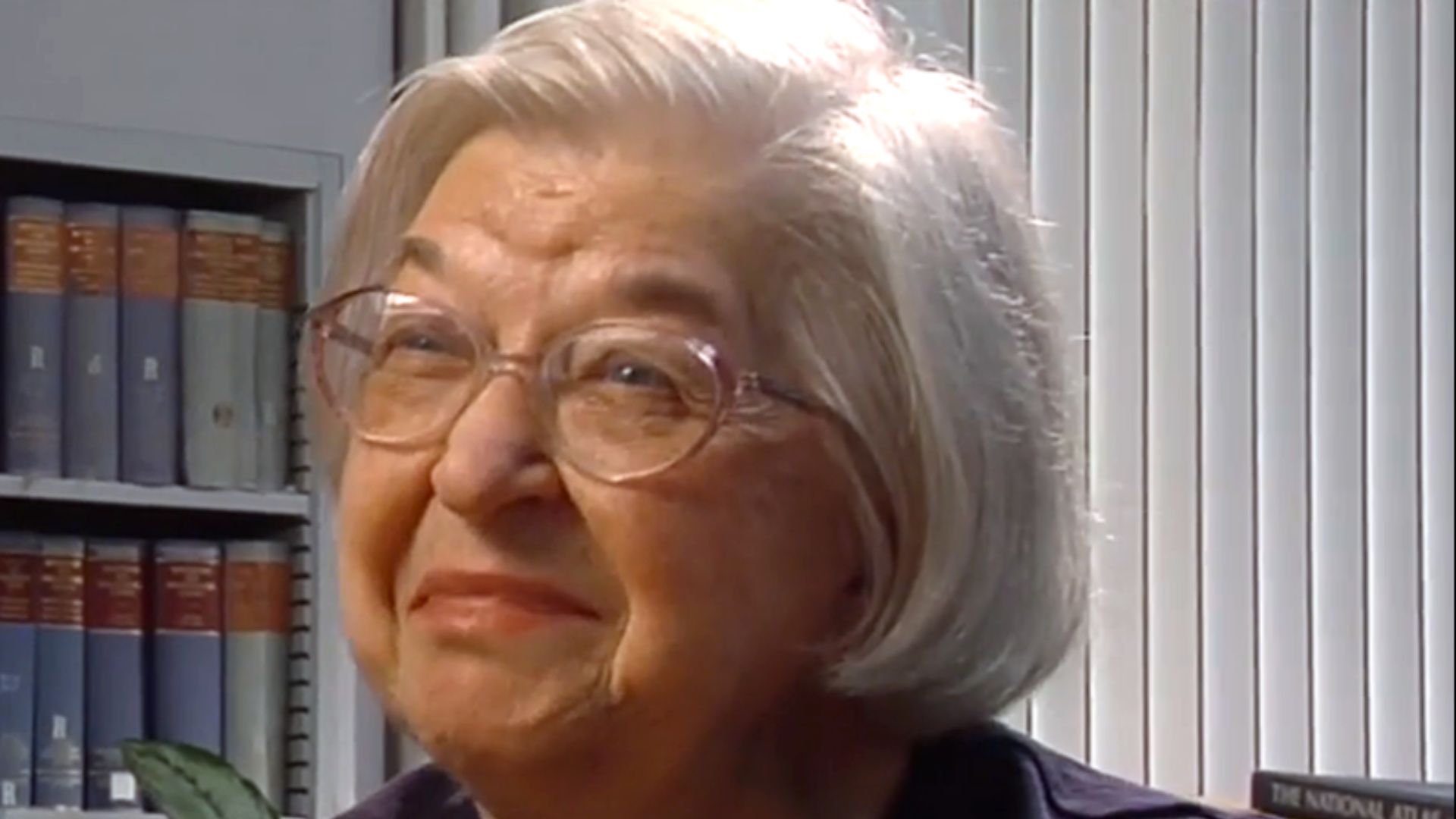 Staff videographer on Wikimedia
Staff videographer on Wikimedia
16. Robert H. Goddard
Robert Goddard launched the first liquid-fueled rocket, which reached over 9,000 feet, turning science fiction into science fact. Although unrecognized in his time, his pioneering work laid the foundation for modern rocketry and later inspired NASA. He was posthumously recognized as the founding father of the space agency.
17. Lewis Latimer
Born to parents who escaped slavery, Latimer patented a carbon filament that made lightbulbs longer-lasting and more affordable. His talents extended beyond engineering. He was also a gifted poet and draftsman, a rare combination in the world of invention.
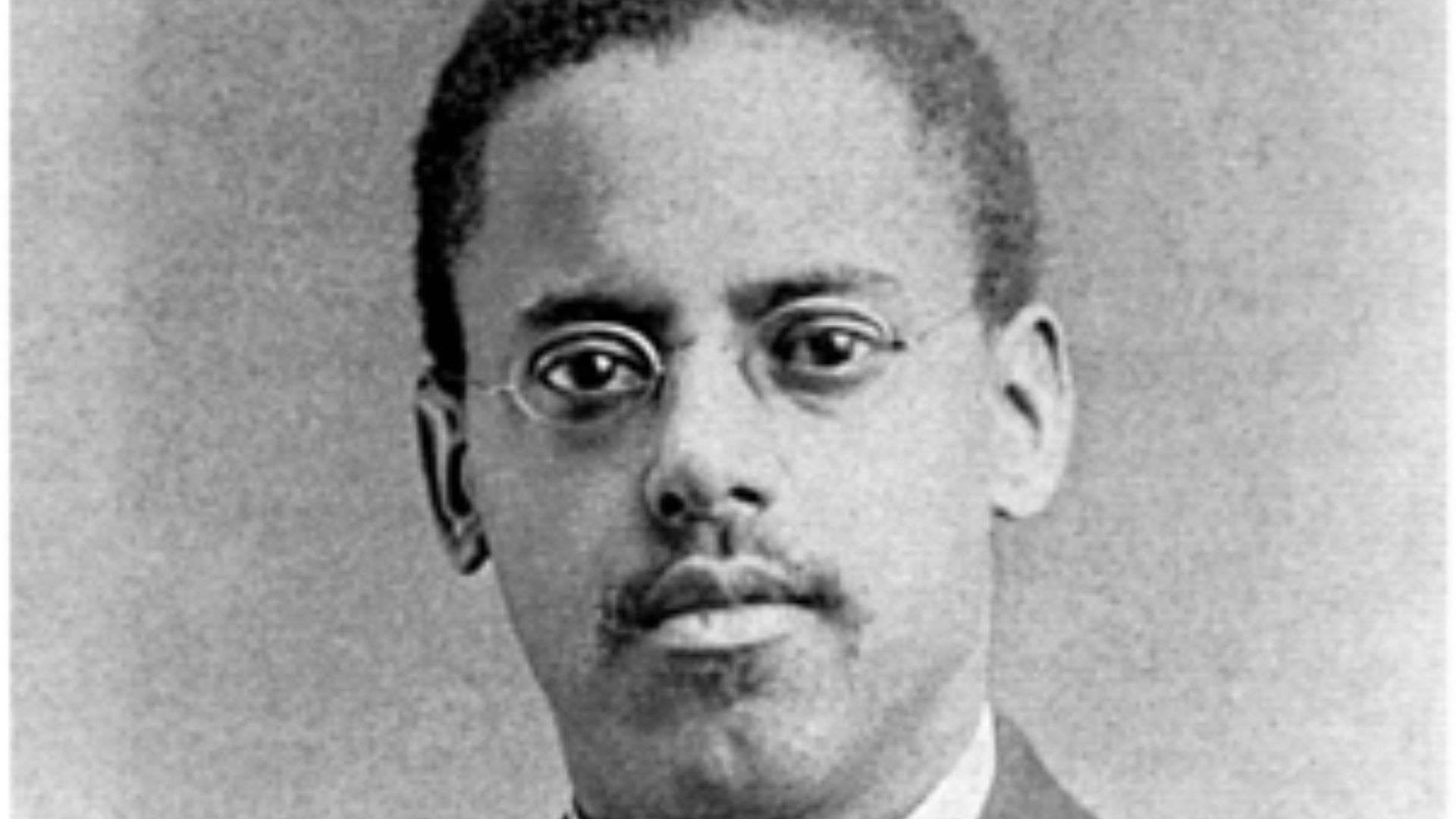 Unknown authorUnknown author on Wikimedia
Unknown authorUnknown author on Wikimedia
18. Dean Kamen
Best known for creating the Segway, that iconic self-balancing scooter, and the life-saving insulin pump, Kamen holds over 1,000 patents. Wanting to make a difference for those coming after him, he founded FIRST Robotics, a global competition that turns science and engineering into a high-energy sport for students.
19. John Bardeen
John Bardeen stands alone in the annals of science as the only person to win the Nobel Prize in Physics twice. His first Nobel was for inventing the transistor. Not content with revolutionizing one field, he later co-developed the BCS theory of superconductivity, unraveling the mysteries of resistance-free electricity.
20. Charles Goodyear
Vulcanization is a process developed by Charles Goodyear to turn sticky and unreliable rubber into a durable material used in tires and waterproof goods. Despite his groundbreaking invention, Goodyear spent time in jail for debt and ultimately died penniless, never profiting from his work.
KEEP ON READING
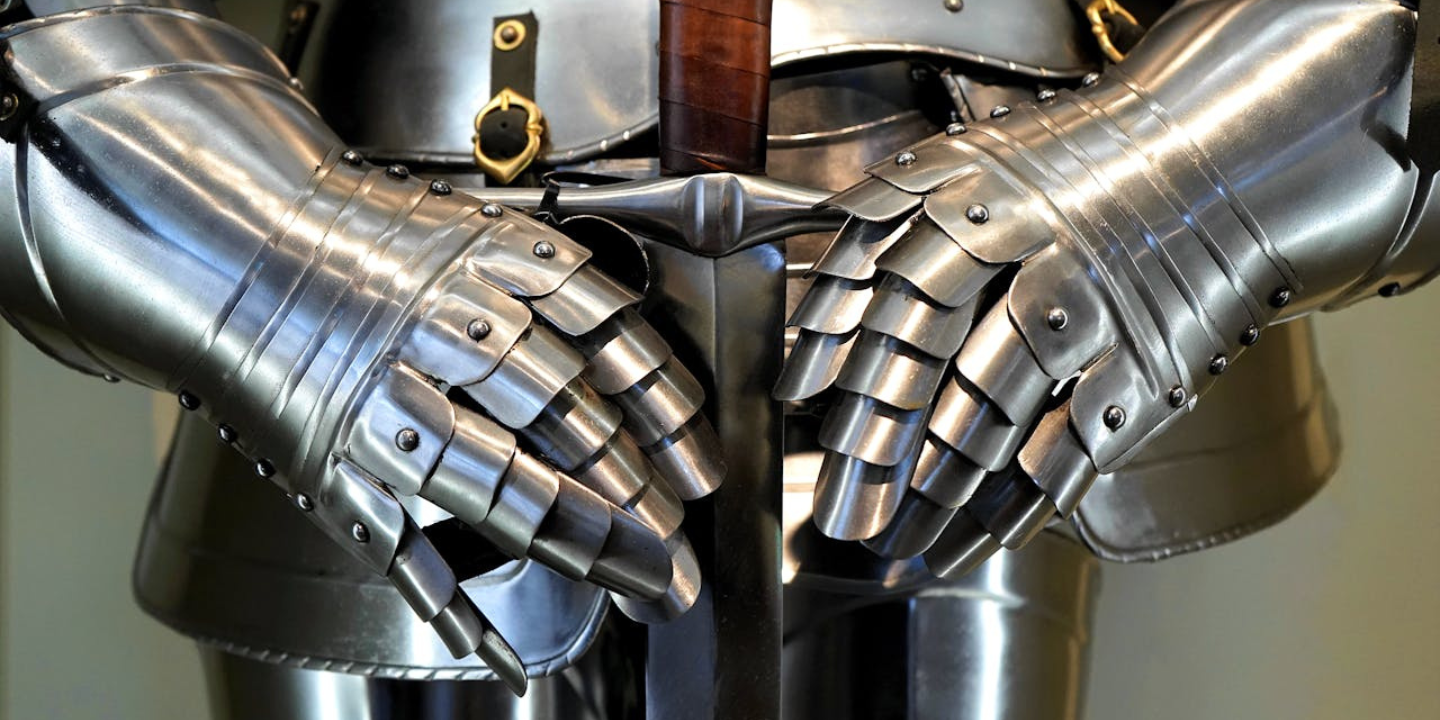
20 Common Misconceptions People Have About The Middle Ages
It’s Not All Knights and Shining Armor. Many people romanticize…
By Farva Ivkovic Nov 4, 2024
20 Powerful Ancient Egyptian Gods That Were Worshipped
Unique Religious Figures in Ancient Egypt. While most people are…
By Cathy Liu Nov 27, 2024
The 10 Scariest Dinosaurs From The Mesozoic Era & The…
The Largest Creatures To Roam The Earth. It can be…
By Cathy Liu Nov 28, 2024
The 20 Most Stunning Ancient Greek Landmarks
Ancient Greek Sites To Witness With Your Own Eyes. For…
By Cathy Liu Dec 2, 2024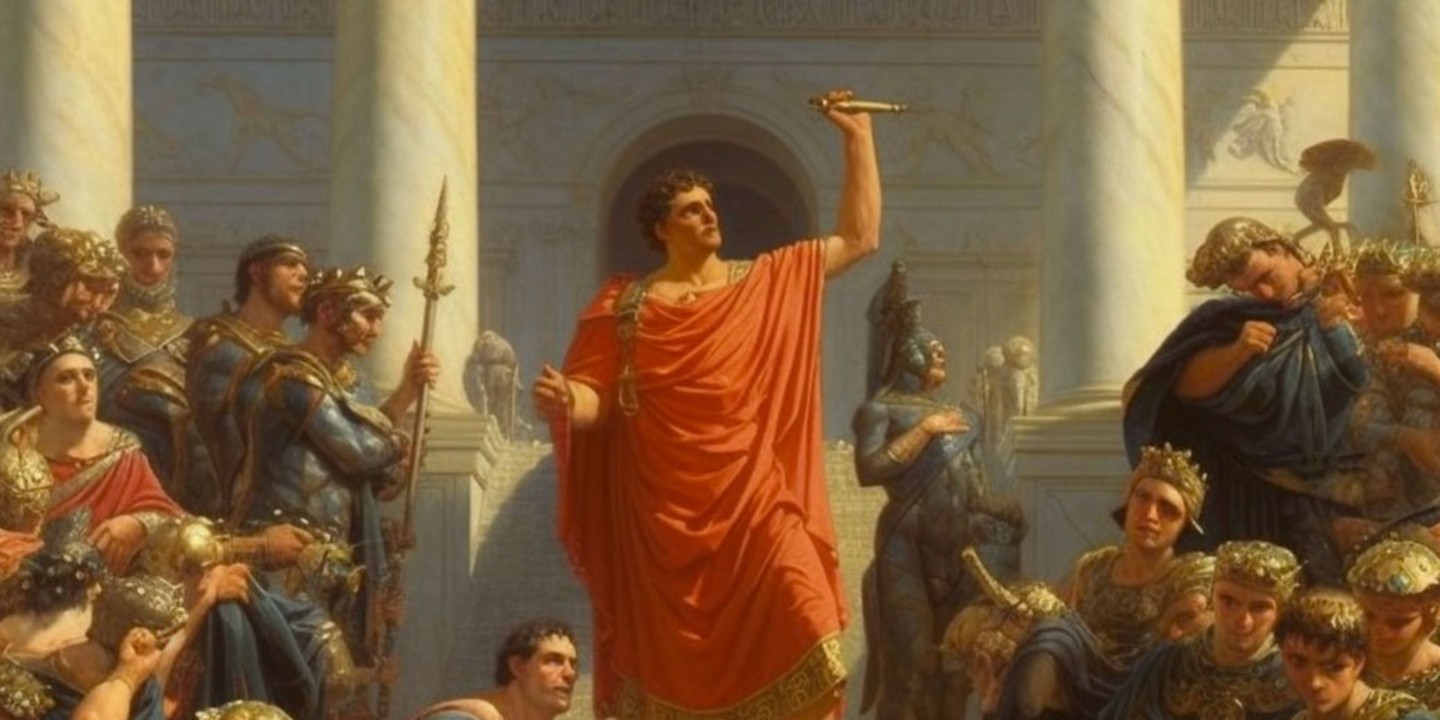
10 Historical Villains Who Weren't THAT Bad
Sometimes people end up getting a worse reputation than they…
By Robbie Woods Dec 3, 2024
One Tiny Mistake Exposed A $3 Billion Heist
While still in college, Jimmy Zhong discovered a loophole that…
By Robbie Woods Dec 3, 2024

